Will the luxury car world be completely electric by 2030? The Porsche Taycan EV was a wild success in China and beyond while BMW and Mercedes-Benz have ambitious plans in the works

The way EVs are shaking up the top end of the car industry is not unique to China. “Luxury brands have really underestimated Tesla as a competitor, and indeed just two Tesla models outsold BMW’s entire line-up in the US in Q3 [2021],” says James Carter of Vision Mobility, a future transport consultancy.
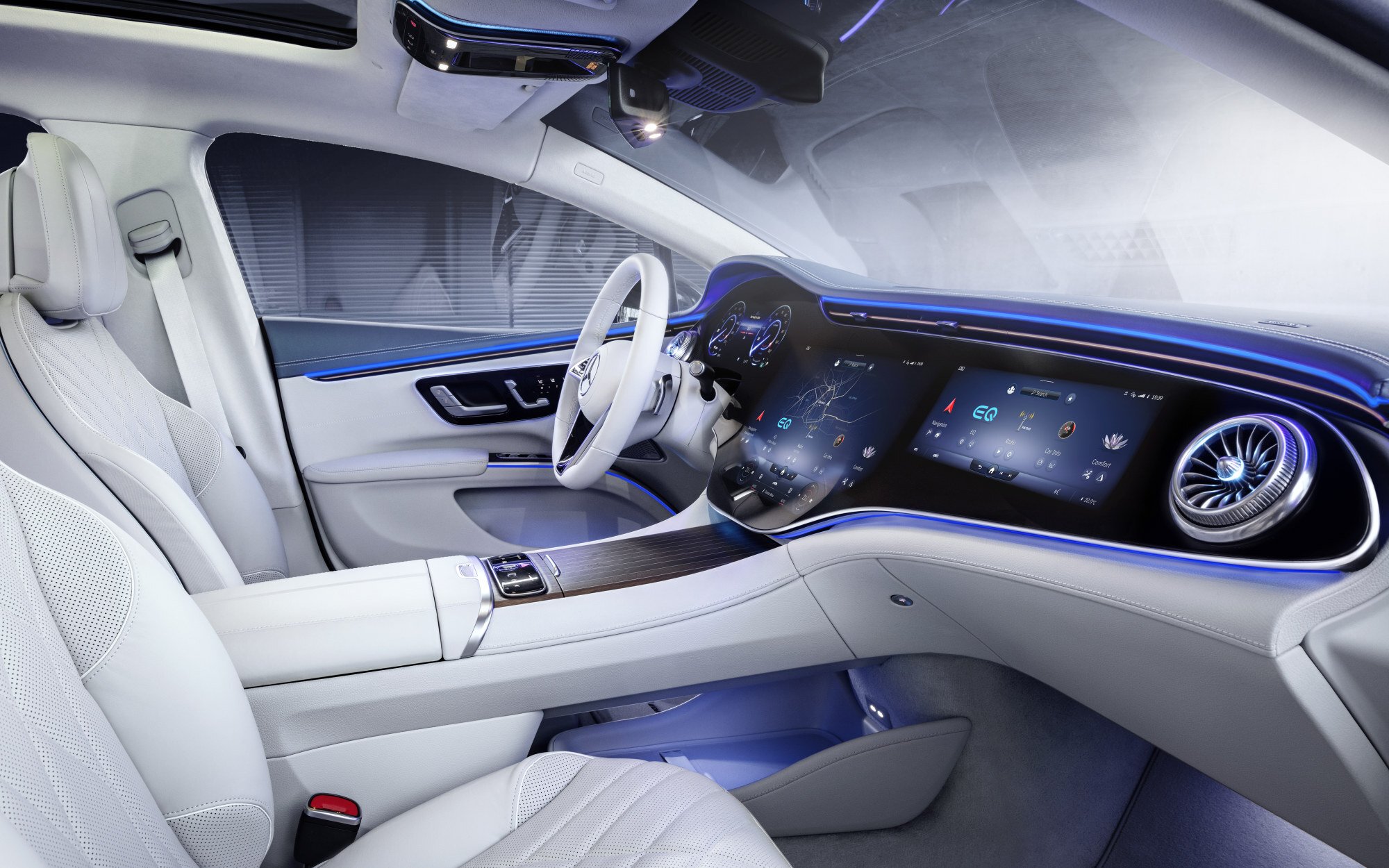
In terms of current ownership, a handful of German companies continue to dominate the luxury and premium segments of the global car industry. But change is coming.
Audi has taken a similar approach to Mercedes. Its Vorsprung 2030 initiative promises to see all combustion-engine models phased out by 2033, except – bizarrely – in China, and it has used “e-tron” badging since 2019 on both new EV models and electrified versions of existing models.
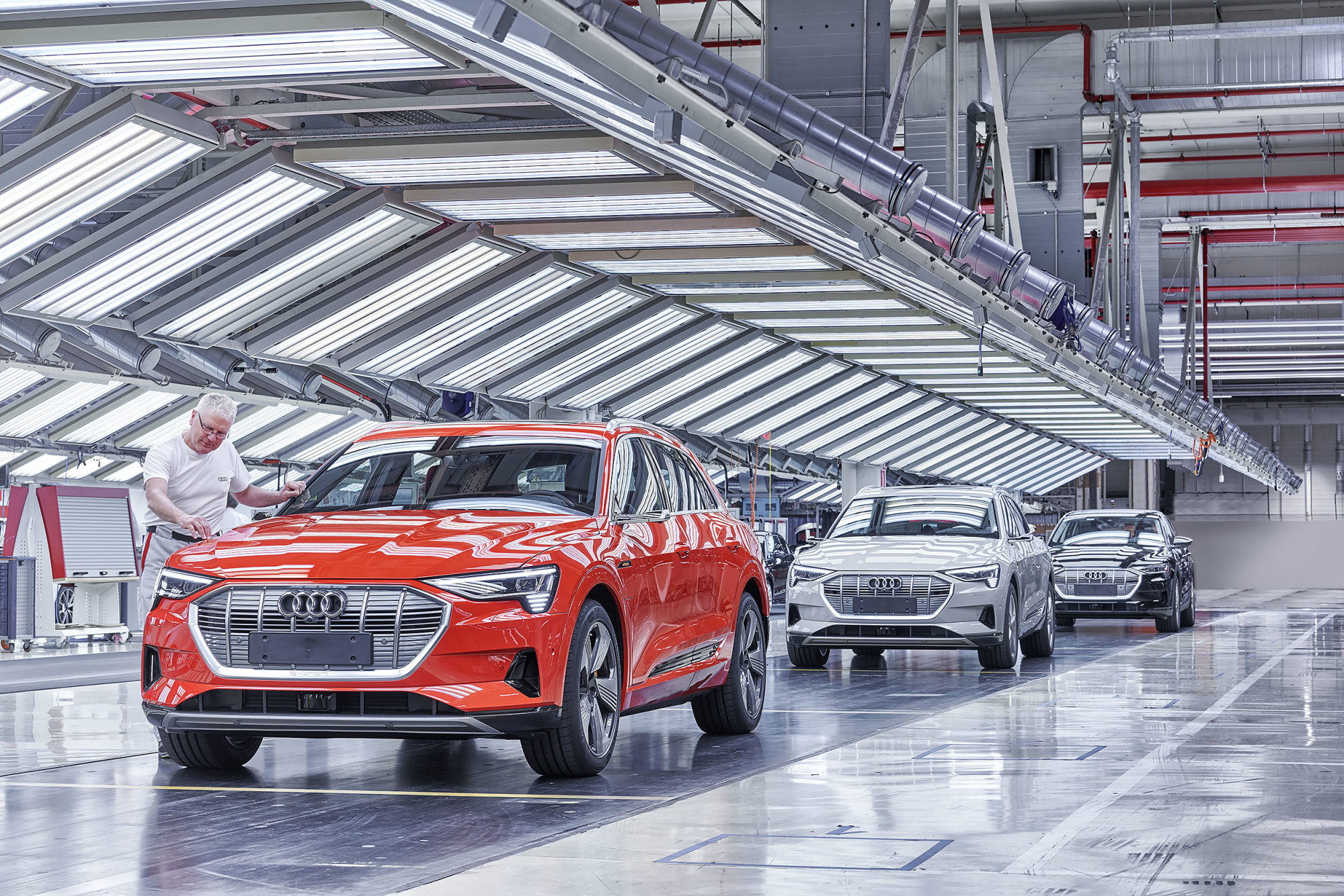
BMW got off to an early start with its i-range – the i3 entered production in 2013 – but has failed to keep up the momentum. Although quite successful with plug-in hybrids, until this year’s launch of the i4 and iX, the company lagged with pure EVs and the Bavarian giant only aims for them to make up half of all sales by 2030.
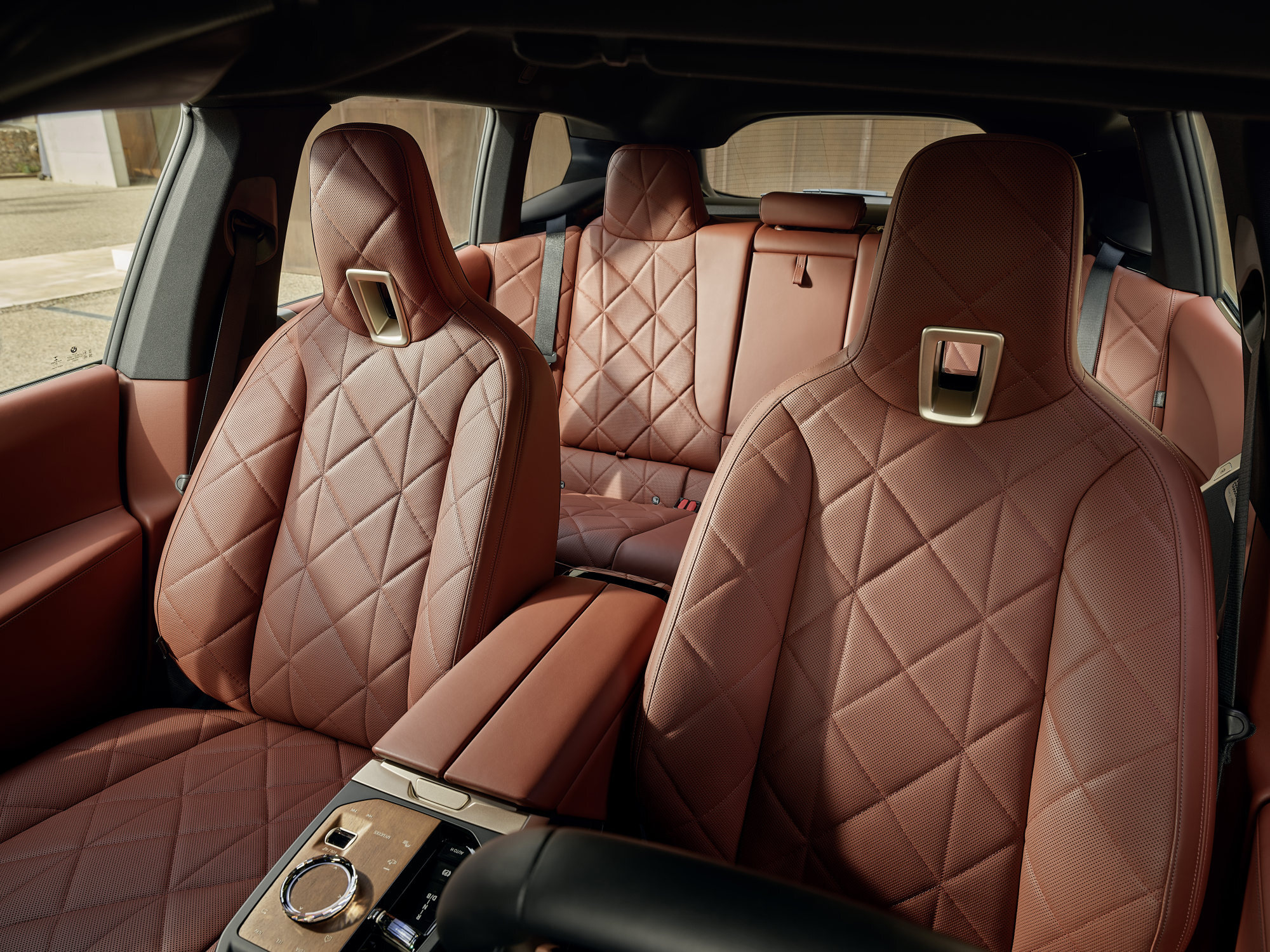
Enthusiasm has also been tempered by the sales performance of some of the models launched. Jaguar’s I-Pace was the first premium electric SUV from a European producer. Launched in 2018, its sales up to September 2021 totalled only 38,028 units in Europe and 5,342 in the US.
“Sentiment and sales have been a mixed bag. Consumers weren’t too impressed with the BMW iX3, but the Porsche Taycan has outsold the 911 so far this year,” says Le, referring to the brand’s storied sports car.
Regulation is clearly a key driver towards electrification. China’s carrot-and-stick policies have created a huge market in more developed cities for EVs, which Chinese start-ups such as Nio, along with older players like Hongqi, have been keen to fill, especially at the premium level. The EU is proposing a ban on sales of new combustion engine cars by 2035 and the UK has gone a stage further by bringing forward a ban from 2040 to 2030.
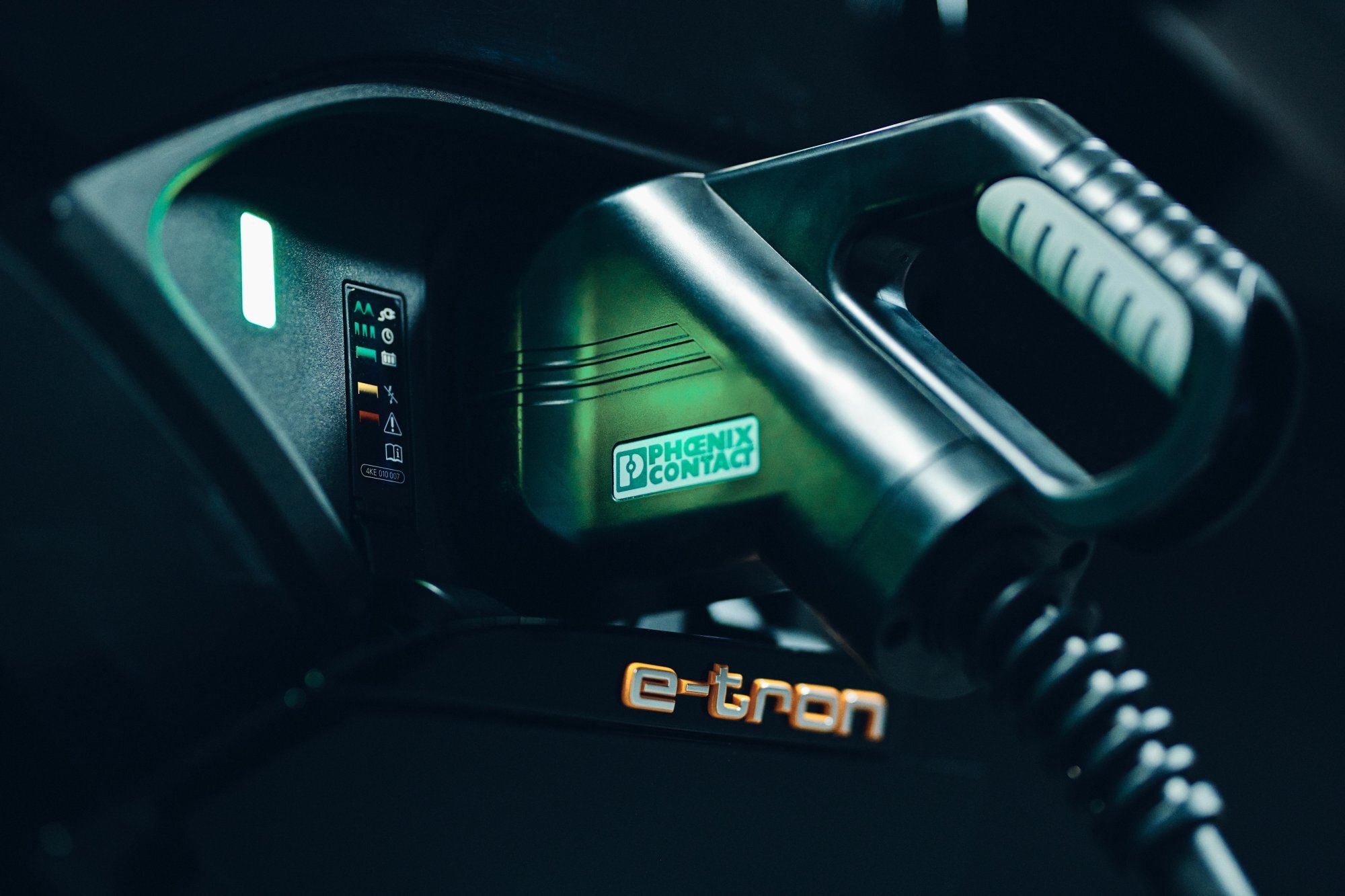
On a global level, it seems the smaller players in the market are making the transition the quickest. Jaguar will be all electric by 2025, and Maserati say the same. Alfa Romeo will be fully electric by 2027 and Land Rover by 2030.
Whereas Ferrari will not launch an EV until 2025 and Lamborghini until sometime in the second half of the decade, Lotus already has the Evija and the brand’s upcoming Emira will be its combustion engine swansong. “Our small size and famous nimbleness allow us to move quickly. We describe ourselves as a 70-year-old start-up,” says James Andrew, a senior spokesman for Lotus.
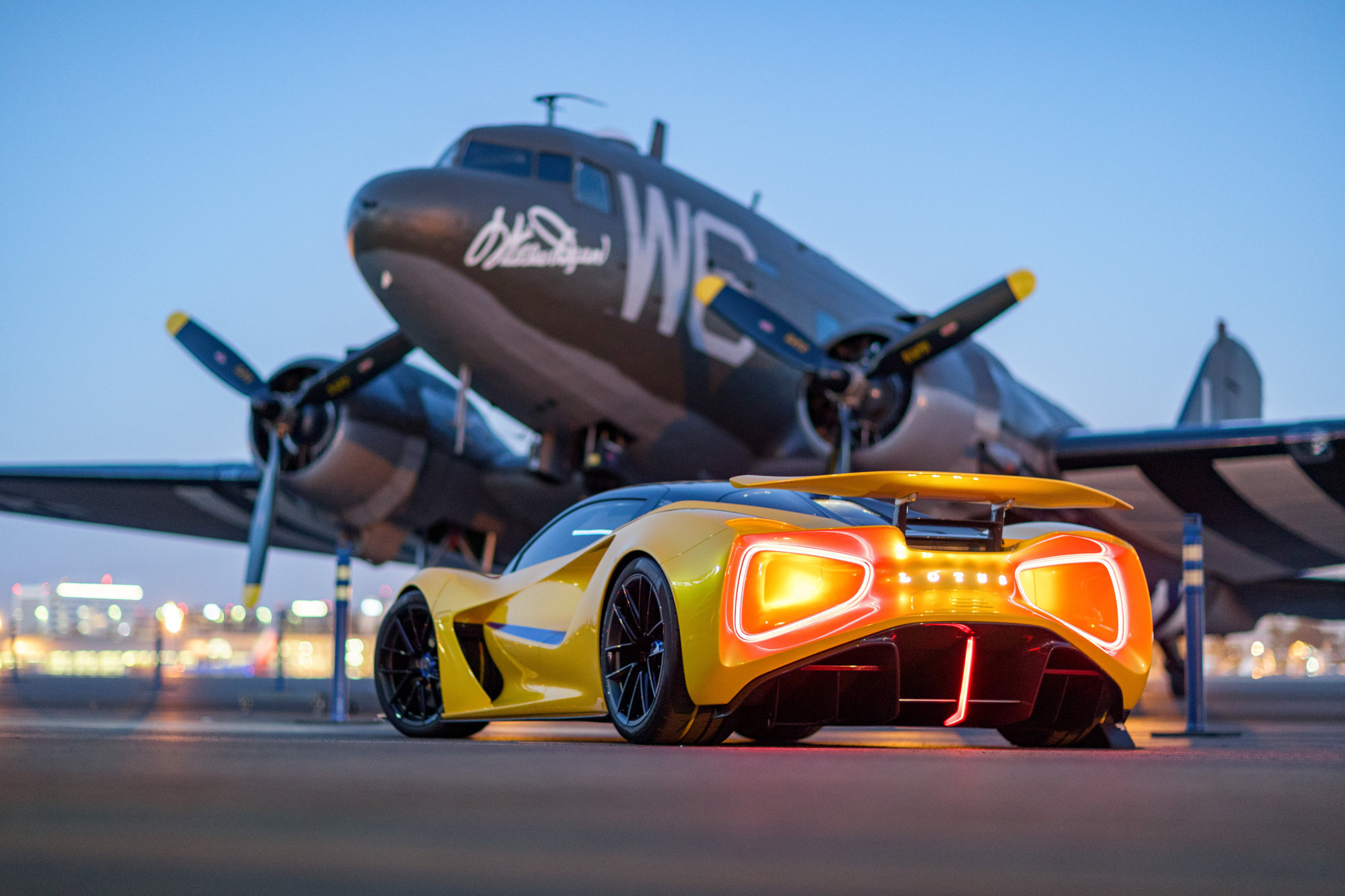
“The brands that have been on the fringes of success should see this as a chance to make a splash, to potentially shine brighter than the historical leaders by launching bolder products and making bolder moves,” says Le.
Undoubtedly there seems to be a seismic shift at the upper end of the market both in the customer base, and with what they deem as important. “Tesla’s brand was recently reviewed as the fourth strongest globally as buyers shift away from tradition to a more technology and sustainability brand focus,” says Carter, adding that he believes the established players have overestimated their strength.
In China, premium and luxury brands attract significantly younger customers – think Generation Z and millennials – than in the US and Europe. Being more digitally native, such customers are demanding more connected vehicles, not something the US and European customers want so much.
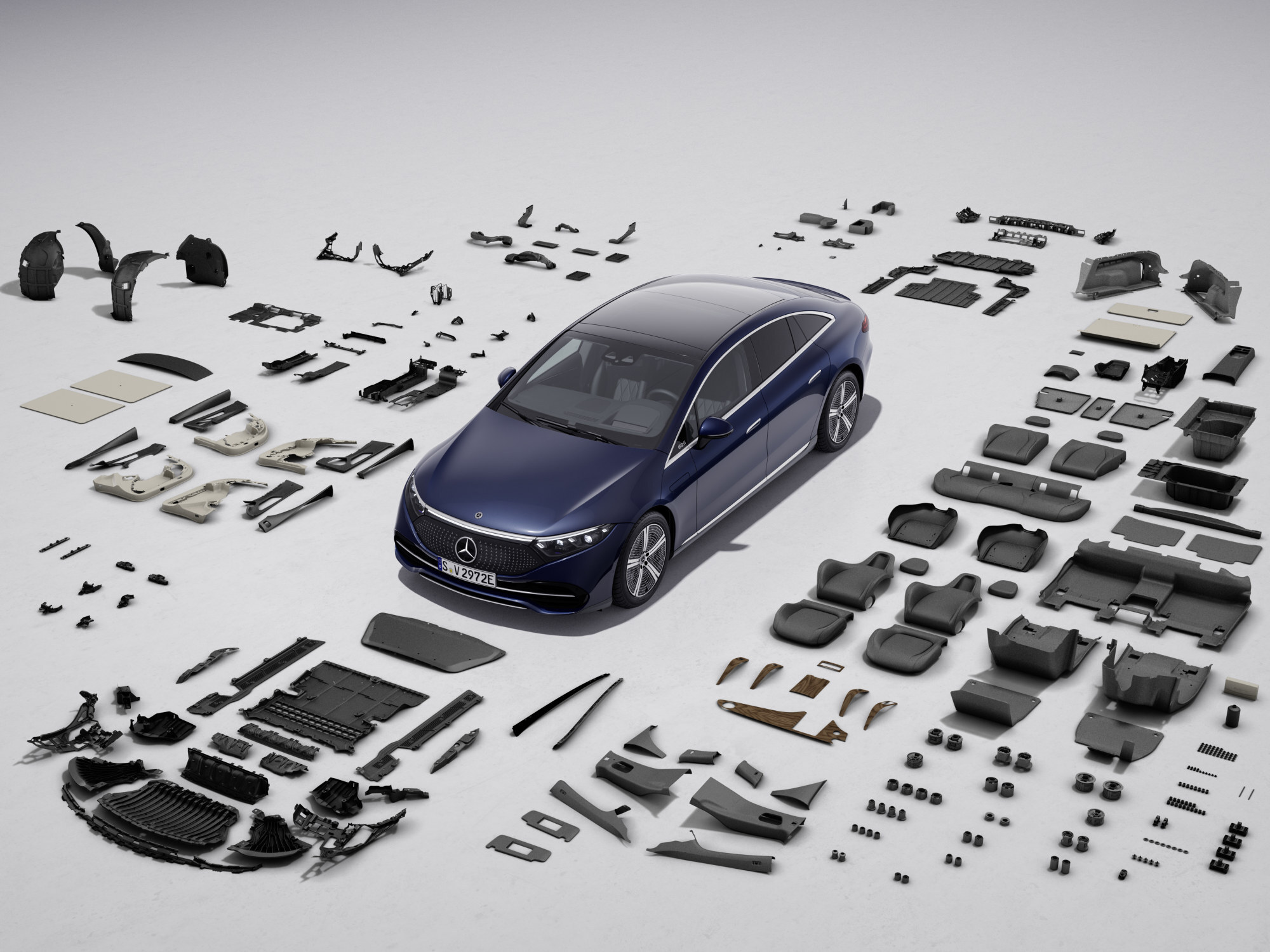
“What is particularly interesting is that buyers rank technology as a much more desirable factor than build quality. In JD Power’s recent IQS and APEAL studies, we saw Tesla rank near the bottom of the list for problems [typically exterior and interior rather than systems like propulsion, battery, infotainment or navigation], but in front by far in terms of owner satisfaction,” says Carter. Appealing to such customers, while not alienating their traditional base, may prove a difficult act for established car producers to pull off with their EV offerings.

- Land Rover, Jaguar, Maserati and Alfa Romeo aim to be all electric within the decade, but Ferrari and Lamborghini haven’t launched any EVs yet
- In China, where luxury brands attract more millennial and Gen Z consumers, the domestically made HiPhi X dethroned the Porsche Taycan as the country’s most popular luxury EV in 2021